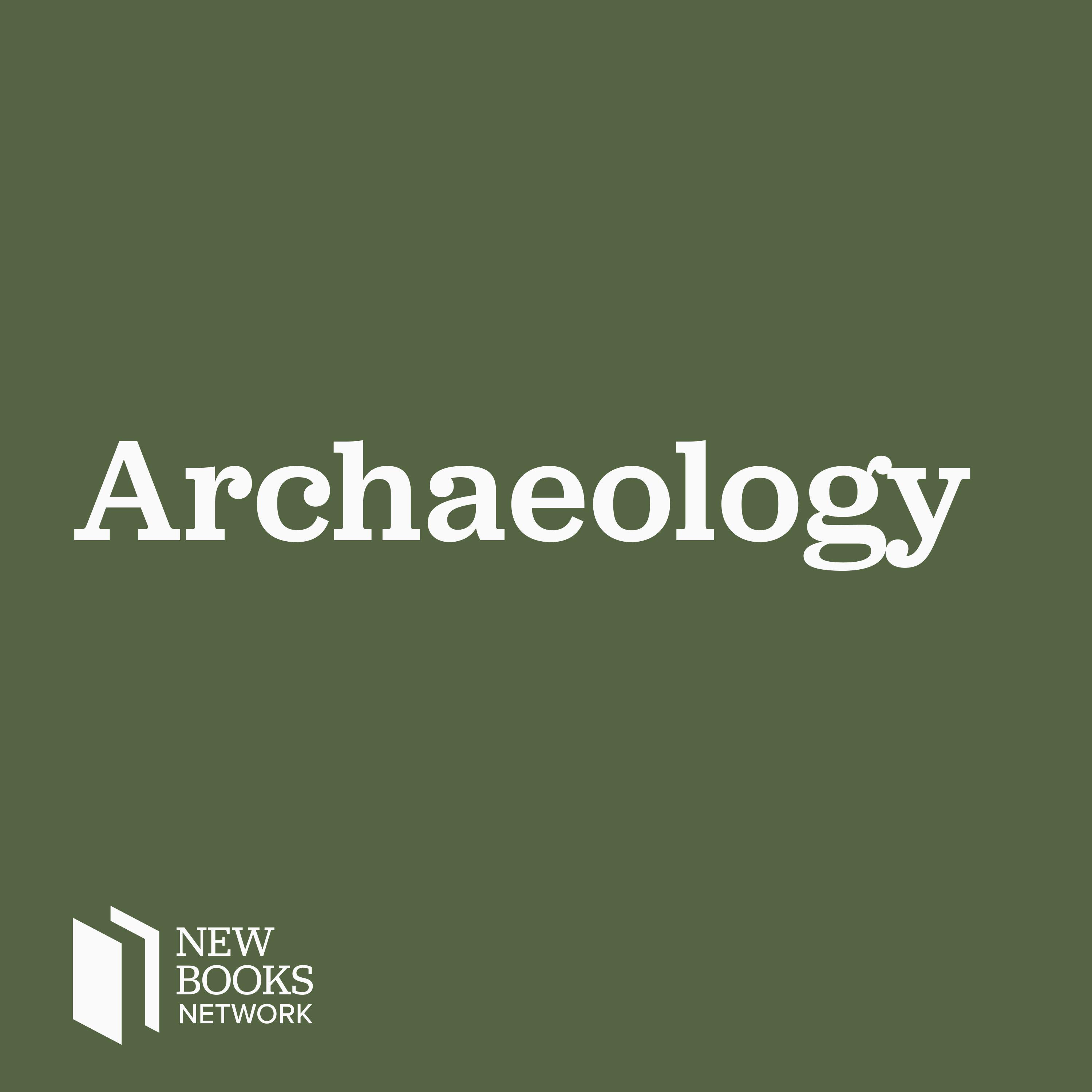Megan Nutzman, "Contested Cures: Identity and Ritual Healing in Roman and Late Antique Palestine" (Edinburgh UP, 2022)
Description
In the ancient Mediterranean world, individuals routinely looked for divine aid to cure physical afflictions. Contested Cures: Identity and Ritual Healing in Roman and Late Antique Palestine (Edinburgh University Press, 2022) by Dr. Megan Nutzman argues that the inevitability of sickness and injury made people willing to experiment with seemingly beneficial techniques, even if they originated in a foreign cultural or religious tradition. With circumstances of close cultural contacts, such as prevailed in Palestine, the setting was ripe for neighbouring Jews, Samaritans, Christians, Greeks and Romans to borrow rituals perceived to be efficacious and to alter them to fit their own religious framework. As a result, they employed related means of seeking miraculous cures. The similarities of these rituals, despite changes in the identity of the divine healers that they invoked, made them the subject of polemical discourse among elite authors trying to police collective borders. Contested Cures investigates the resulting intersection of ritual healing and communal identity.
This innovative study synthesises evidence for the full range of healing rituals that were practised in the ancient Mediterranean world. Examining both literary and archaeological evidence, Dr. Nutzman considers ritual healing as a component of identity formation and deconstructs the artificial boundary between ‘magic’ and ‘religion’ in relation to ritual cures.
This interview was conducted by Dr. Miranda Melcher whose forthcoming book focuses on post-conflict military integration, understanding treaty negotiation and implementation in civil war contexts, with qualitative analysis of the Angolan and Mozambican civil wars.
Learn more about your ad choices. Visit podcastchoices.com/adchoices
Support our show by becoming a premium member! https://newbooksnetwork.supportingcast.fm/archaeology
More Episodes
Archaeology as a discipline has undergone significant changes over the past decades, in particular concerning best practices for how to handle the vast quantities of data that the discipline generates. As Shaping Archaeological Archives: Dialogues between Fieldwork, Museum Collections, and...
Published 05/19/24
Published 05/19/24
In Xiongnu: The World’s First Nomadic Empire (Oxford UP, 2024), Bryan K. Miller weaves together archaeology and history to chart the course of the Xiongnu empire, which controlled the Eastern Eurasian steppe from ca. 200 BCE to 100 CE. Through a close analysis of both material artifacts and...
Published 05/01/24


